Strengthening public-private cooperation, promoting the connecting role between government - enterprises, cooperatives - communities in building new tourism products in a professional and sustainable direction. At the same time, orienting solutions to improve connectivity, building unique tourism products according to the advantages of each region; promoting tour - route connection, forming a chain of rich, high-quality tourism products.
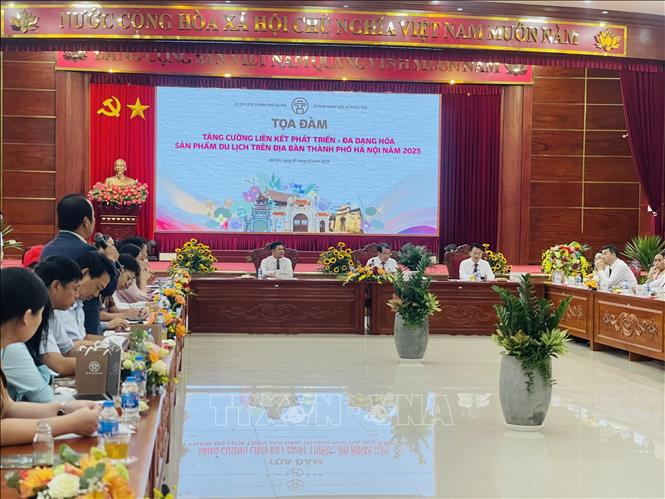
Scene of the discussion. Photo: Tuyet Mai/VNA
As the national political and administrative center and one of the top attractive tourist destinations in Vietnam and the region, Hanoi Capital possesses rich and diverse tourism resources, including a system of relics and heritages, traditional craft villages, rural landscapes, unique culinary culture and creative urban life.
In the context of Vietnam's tourism industry shifting strongly towards green - sustainable - creative direction, Hanoi identifies the diversification of tourism products, strengthening regional connectivity and exploiting the unique advantages of each locality as important pillars to improve competitiveness, affirming the position of the capital's tourism on the national tourism map.
Many cultural tourism products, community tourism, agricultural - rural tourism, and craft village tourism have been gradually formed and developed in localities such as Phuc Tho, Dai Thanh, Ngoc Hoi, Hong Van, Chuyen My, O Dien, Ba Vi, Phu Dong, etc., contributing to enriching the tourism picture of the capital.
Faced with development requirements in the new period, the Hanoi Department of Tourism determined that it is necessary to continue promoting the "government - business - community" cooperation model, strengthening connections between regions and fields, and forming a comprehensive tourism product chain from urban centers to rural and suburban areas.
According to the Hanoi Department of Tourism, linking development and diversifying tourism products is not only an inevitable trend but also the key to helping Hanoi increase economic value, promote cultural identity, and aim for sustainable, comprehensive, and regional tourism development.
Speaking at the opening ceremony, Deputy Director of Hanoi Department of Tourism Tran Trung Hieu said that the seminar aims to create a forum for exchanging and sharing experiences and proposing solutions to promote links between localities, businesses and professional organizations in developing tourism in the capital.
The seminar focused on two main groups of contents, including: Orientation for linking tourism product development, emphasizing the clarification of the role, potential and advantages of each locality; discussing linkage models by route, by region, by product cluster; developing specific products such as craft village tourism, agricultural tourism, eco-tourism, heritage tourism, culinary tourism and night tourism; at the same time, improving the quality of human resources for community tourism, aiming at the goal of "People are the subject - tourism is the livelihood" and proposing cooperation and connection for tourism development, focusing on determining the coordination mechanism between the government - enterprises - associations - communities, mobilizing socialized resources to invest in infrastructure, services, building a sustainable tourism product supply chain, associated with cultural industry, trade, agriculture and craft villages. Along with that, promoting digital transformation, building databases and digitalized tourism products to increase the effectiveness of promotion and market connection.
According to the Deputy Director of the Hanoi Department of Tourism, the seminar is an opportunity for the parties to exchange, contribute ideas and cooperate for the common goal of building Hanoi into a "Green - Cultural - Civilized - Creative" destination, contributing to the implementation of the Capital's Tourism Development Strategy to 2030, with a vision to 2045.
Sharing at the discussion, Chairman of the People's Committee of Phuc Tho Commune Kieu Trong Sy said that in recent years, Phuc Tho has actively exploited its potential and advantages, gradually forming unique tourism products, associated with agricultural culture, ecology and traditional craft villages. The Party Committee and the commune government identified tourism as one of the four breakthroughs, focusing on developing spiritual tourism in the Tich Giang area - a place where harmonious natural landscapes, cultural spaces with rich identity and the potential to form an ideal spiritual resort in the future converge. Phuc Tho Commune closely coordinates with the Hanoi Department of Tourism in building a model of rural tourism in Tich Giang, combining experiencing nature, enjoying the scenery and exploring cultural heritage.
According to Mr. Kieu Trong Sy, Phuc Tho commune and Hanoi have many advantages to accelerate the greening process of tourism activities, especially in developing typical tourism products and specialties. "In the coming time, Hanoi needs to pay more attention to building and spreading green tourism products that are environmentally friendly and associated with local identity," Mr. Kieu Trong Sy suggested.
Dr. Nguyen Anh Tuan - Director of the Institute of Tourism Economics proposed 5 solutions to develop tourism products in the capital, emphasizing the solution of greening the tourism product value chain - risk management. According to Mr. Nguyen Anh Tuan, with its existing advantages, Phuc Tho commune will be an attractive destination when it cooperates with localities to create new tourism products.
Pointing out the shortcomings in the development linkage - diversification of tourism products, Dr. Nguyen Thu Hanh, President of the Association of Sustainable Tourism Development Science, said that the biggest bottleneck at present is the linkage issue. In reality, the linkages in tourism product development are very loose, due to reasons such as uneven division of benefits between people and people, and between people and businesses. Local authorities are not really the "conductors" to harmonize interests and connect the subjects together. Therefore, the Hanoi Department of Tourism needs to become a bridge to build linkages to develop tourism products.
The Deputy Director of the Hanoi Department of Tourism said that, based on the opinions at the seminar, the Department of Tourism will synthesize, research, and advise the City People's Committee to issue support mechanisms and encourage investment in developing typical tourism products of localities; organize promotional activities, build the Hanoi tourism brand associated with cultural industry and develop tourism in a green and sustainable direction; support and urge the Vietnam Green Tourism Association, Hanoi Tourism Association, Association of Science for Sustainable Tourism Development and related units to implement and concretize the signed cooperation agreements.
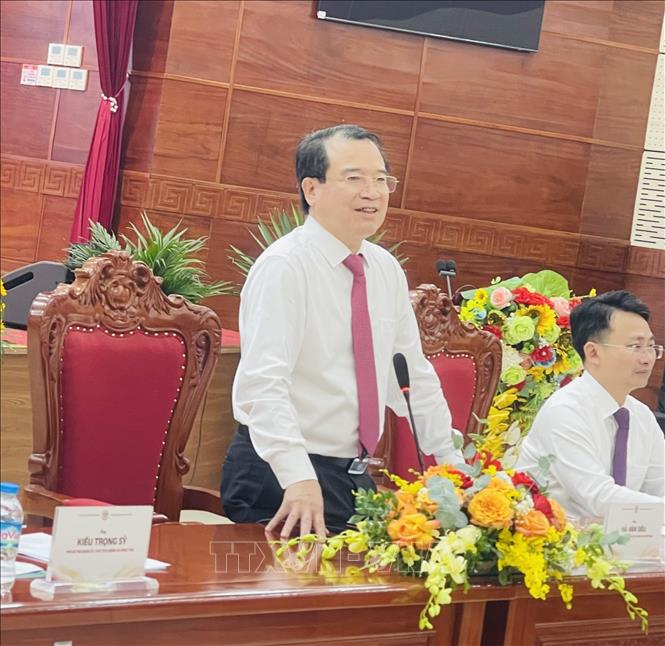
Deputy Director of the Vietnam National Administration of Tourism Ha Van Sieu speaks at the seminar. Photo: Tuyet Mai/VNA
In his speech, Deputy Director of the Vietnam National Administration of Tourism Ha Van Sieu emphasized that Hanoi has always been a unique destination, imbued with Vietnamese cultural identity. However, to be worthy of that position, it is necessary to fully exploit the hidden values in each commune and ward, promote the passion, creativity and investment of businesses, organizations and individuals. "Let's make Hanoi tourism more vibrant and attractive with new products, with close links between parties, and apply modern technology to create breakthrough innovations," said Mr. Ha Van Sieu.
Hanoi has great potential for heritage tourism, spiritual tourism, and craft village tourism, associated with unique and distinctive cultural values. Mr. Ha Van Sieu suggested that businesses operating in the area, under the guidance of the Department of Tourism and the accompaniment of local authorities, join together to form typical tourism products with regional connectivity. Hanoi Department of Tourism continues to orient and promote public-private cooperation, effectively implementing Resolution 68 on private economic development. Thereby, encouraging pioneering businesses to create new products, link tourism value chains, build unique tourist routes and destinations in Hanoi, bringing visitors not only the experience of eating, staying, and sightseeing, but also deep emotions and impressions of each land and each person in Hanoi.
At the seminar, leaders of the communes: Phuc Tho, Dai Thanh, Ngoc Hoi, Hong Van, Chuyen My, O Dien with the Hanoi Tourism Association and the Vietnam Green Tourism Association under the Vietnam Tourism Association signed a memorandum of understanding on cooperation in developing tourism products and services.
The signing program is a step to concretize the policy of linking local authorities - enterprises - industry associations in developing tourism in the capital.
Through the cooperation agreement, the parties will cooperate in researching, developing, promoting and exploiting typical tourism products of each locality in the direction of developing tourism associated with environmental protection, preserving indigenous culture and improving community livelihoods.
In recent years, Hanoi tourism has recorded impressive recovery and growth. In 2024, the capital welcomed over 27.8 million visitors, an increase of 12.7% compared to 2023, including more than 6.3 million international visitors, an increase of more than 30%. Total revenue from tourists reached over 110 trillion VND, an increase of 18.3% over the same period. In the first nine months of 2025, Hanoi continued to maintain its growth momentum with 25.94 million visitors, an increase of 23.2%, of which international visitors reached 5.47 million, an increase of 24.4%; total revenue reached 98.29 trillion VND, an increase of 20.6%, affirming its role as a locomotive and major tourism center of the North and the whole country.
Source: https://baotintuc.vn/du-lich/tang-cuong-lien-ket-da-dang-hoa-san-pham-du-lich-gan-voi-phat-trien-ben-vung-20251018203059676.htm


![[Photo] Solemn opening of the 10th Session, 15th National Assembly](https://vphoto.vietnam.vn/thumb/1200x675/vietnam/resource/IMAGE/2025/10/20/1760937111622_ndo_br_1-202-jpg.webp)

![[Photo] Prime Minister Pham Minh Chinh meets with Speaker of the Hungarian National Assembly Kover Laszlo](https://vphoto.vietnam.vn/thumb/1200x675/vietnam/resource/IMAGE/2025/10/20/1760970413415_dsc-8111-jpg.webp)
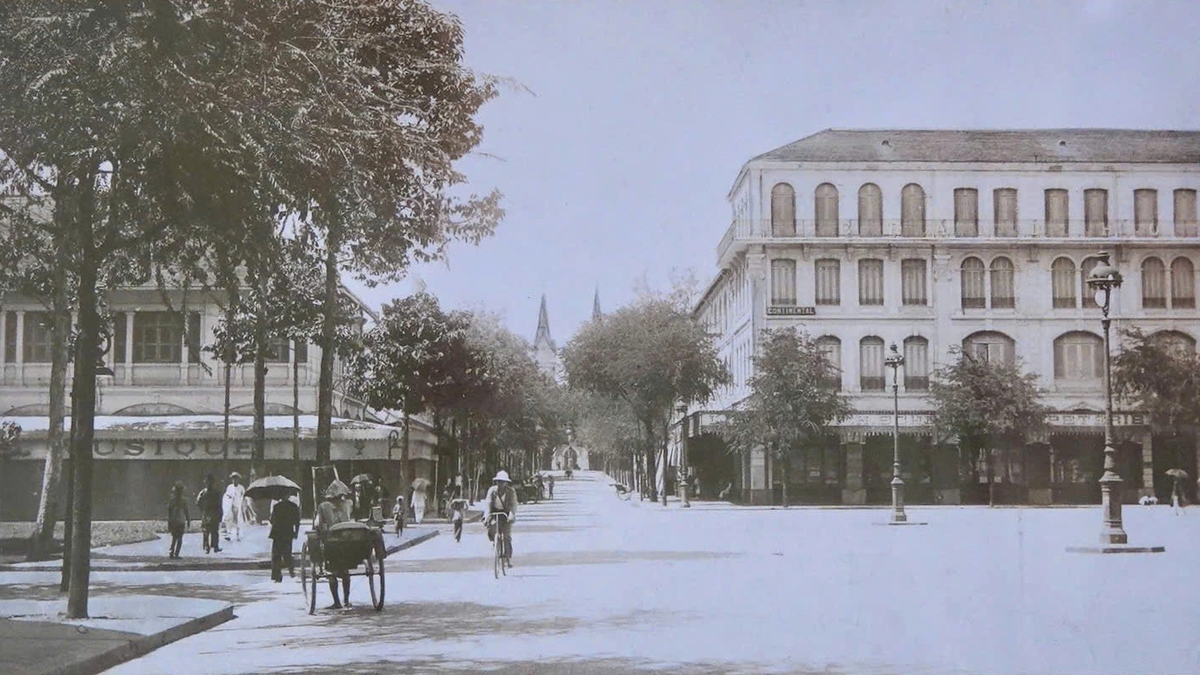
![[Photo] National Assembly Chairman Tran Thanh Man holds talks with Hungarian National Assembly Chairman Kover Laszlo](https://vphoto.vietnam.vn/thumb/1200x675/vietnam/resource/IMAGE/2025/10/20/1760952711347_ndo_br_bnd-1603-jpg.webp)
![[Photo] Chairman of the Hungarian Parliament visits President Ho Chi Minh's Mausoleum](https://vphoto.vietnam.vn/thumb/1200x675/vietnam/resource/IMAGE/2025/10/20/1760941009023_ndo_br_hungary-jpg.webp)
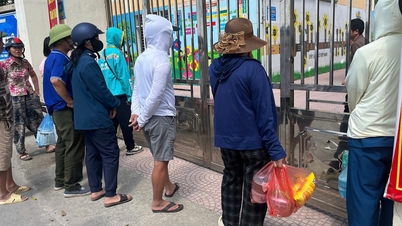




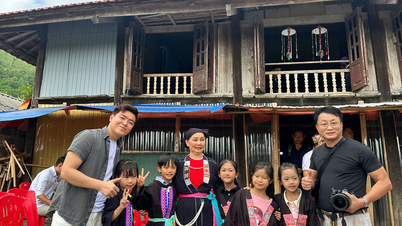

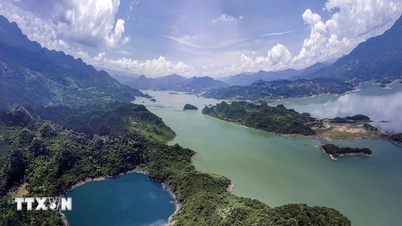

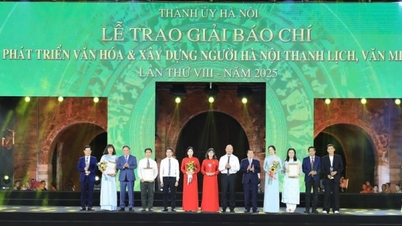

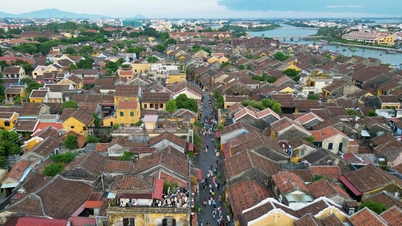
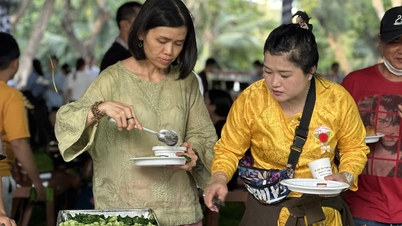


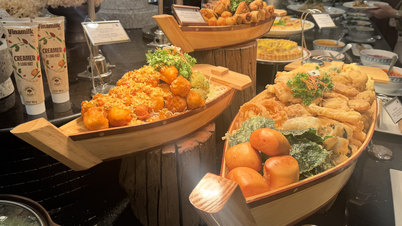









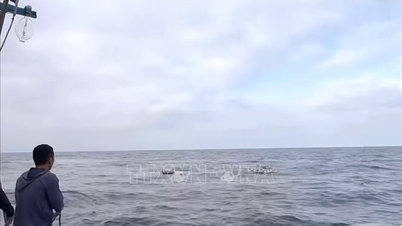
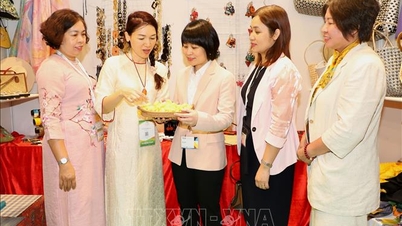
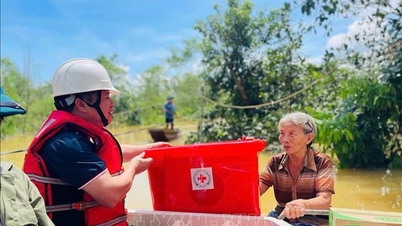
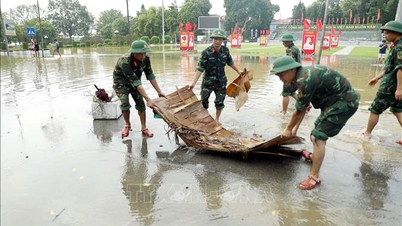
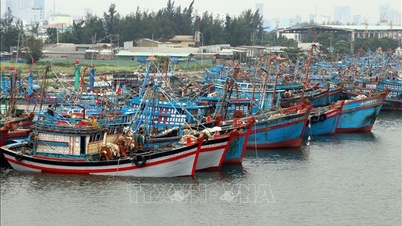
![[Photo] The Steering Committee of the 2025 Fall Fair checks the progress of the organization](https://vphoto.vietnam.vn/thumb/1200x675/vietnam/resource/IMAGE/2025/10/20/1760918203241_nam-5371-jpg.webp)

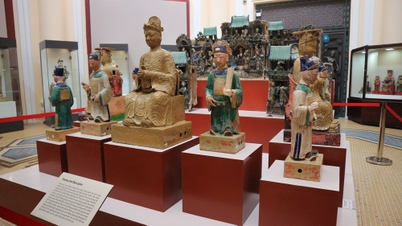
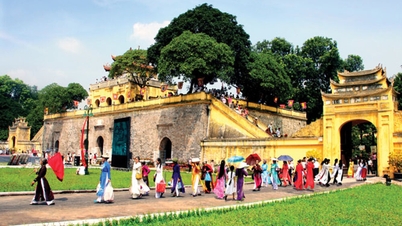

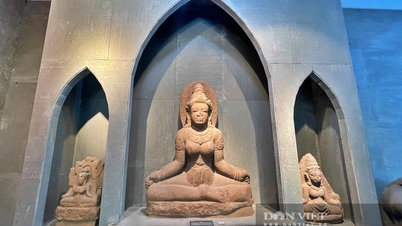

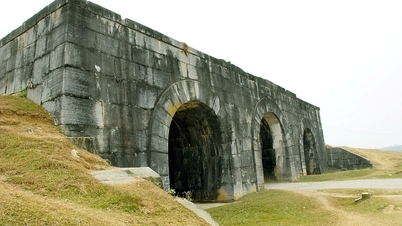
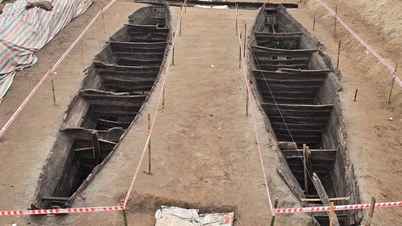
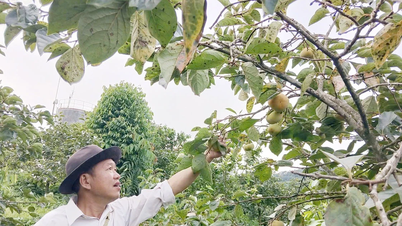

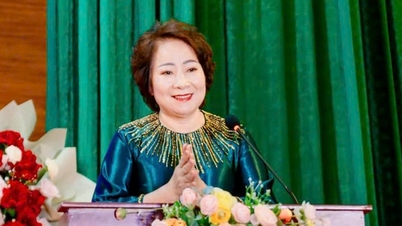


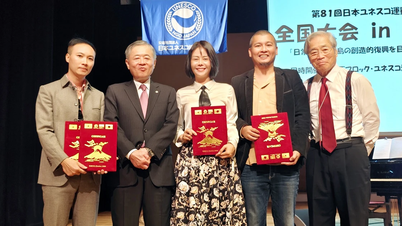

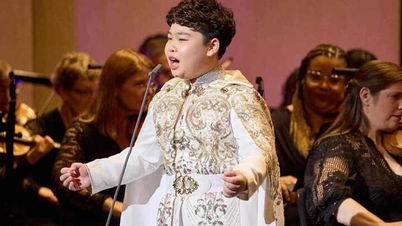
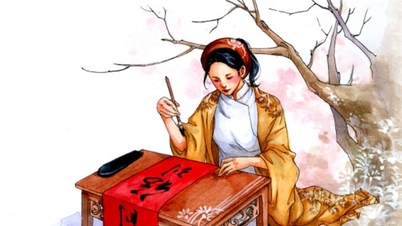


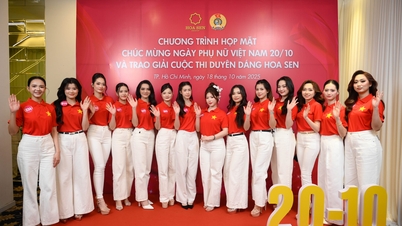
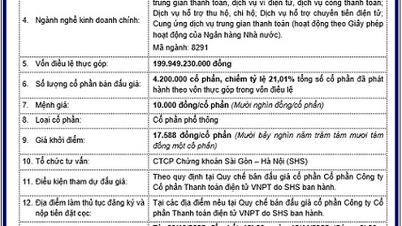
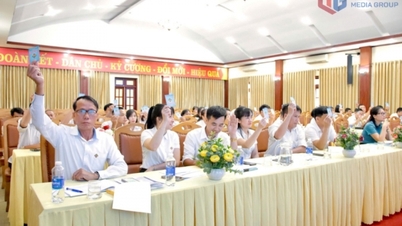

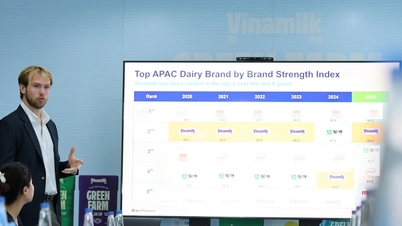

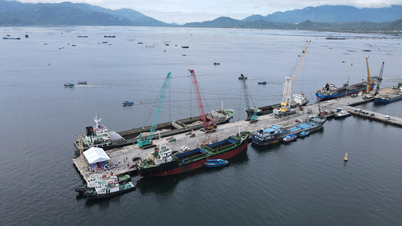








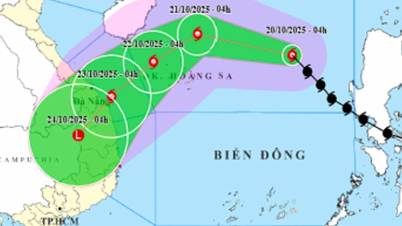

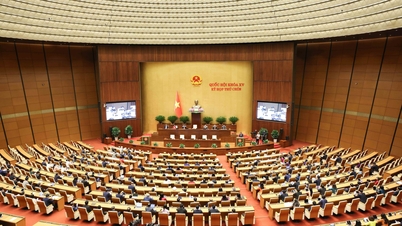

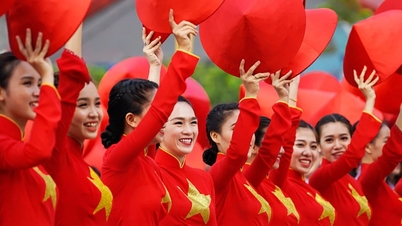

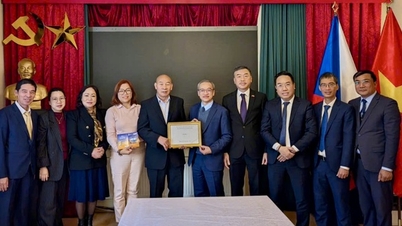

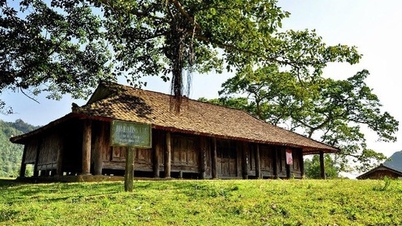
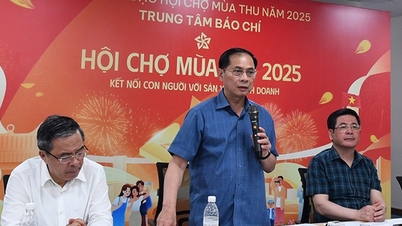
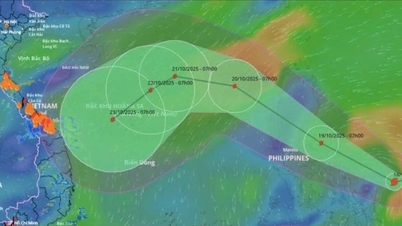

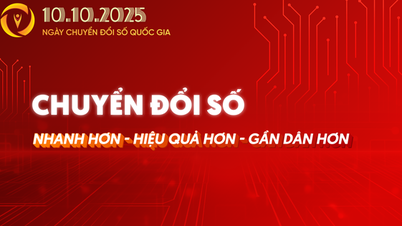

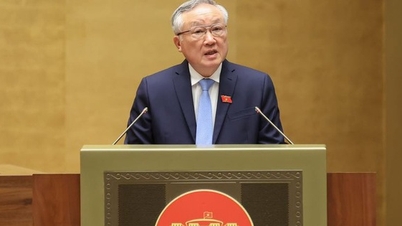
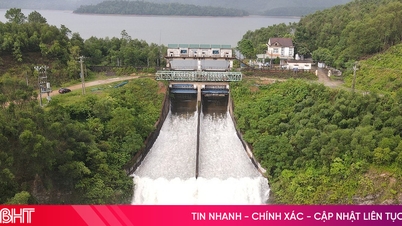

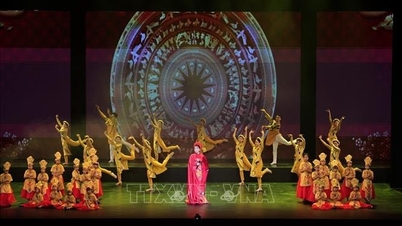

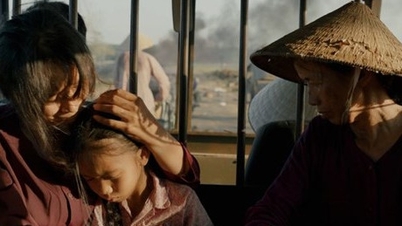
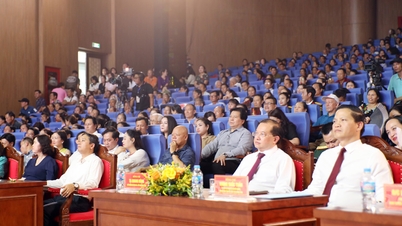













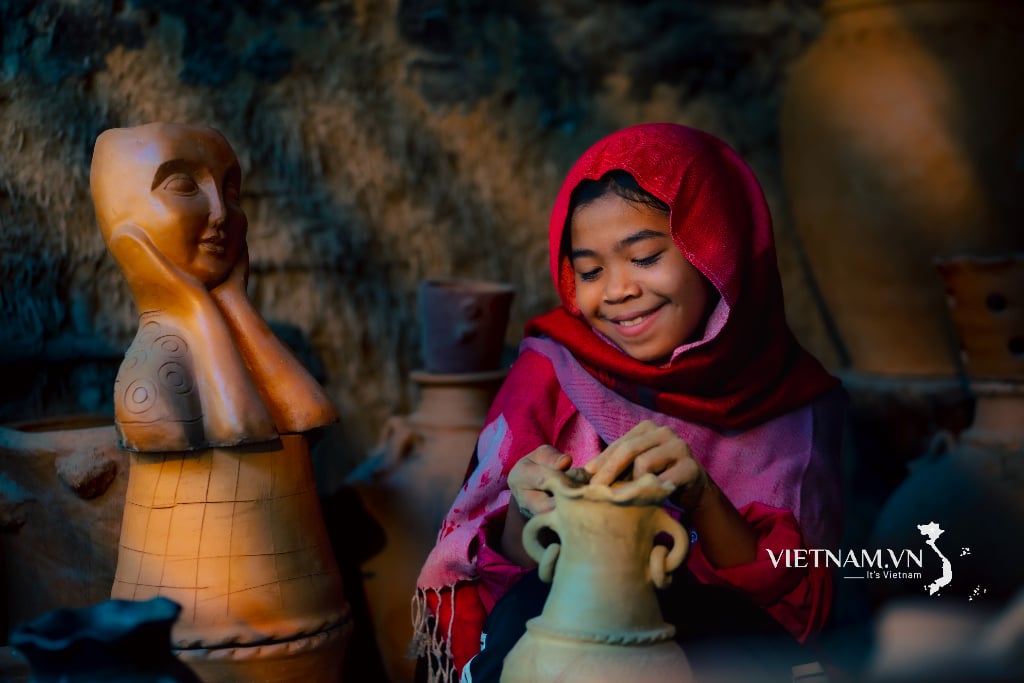



Comment (0)